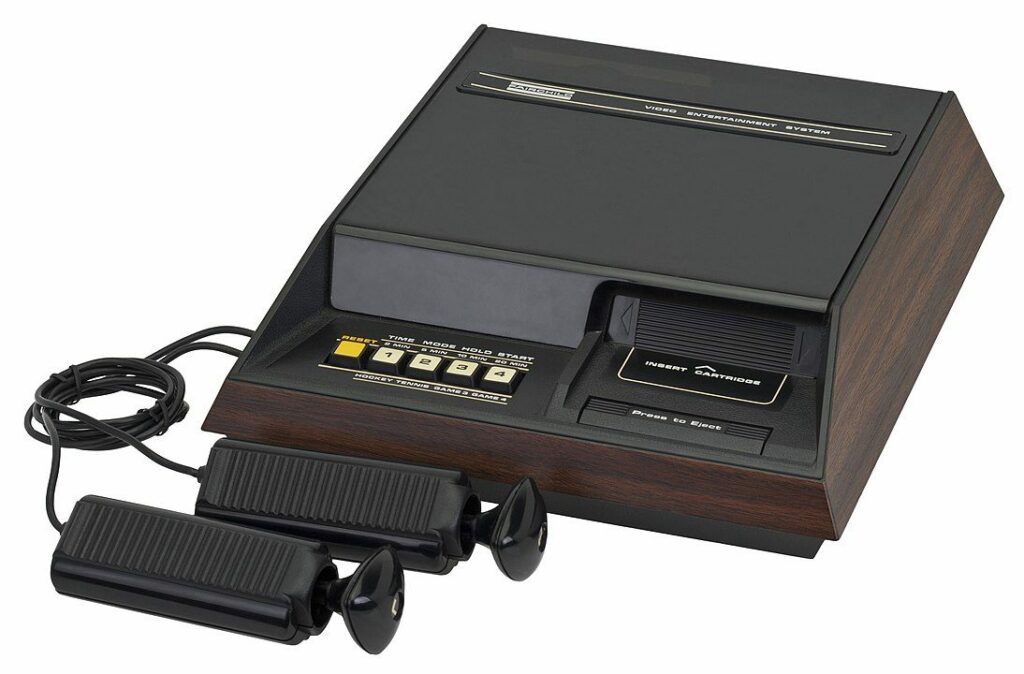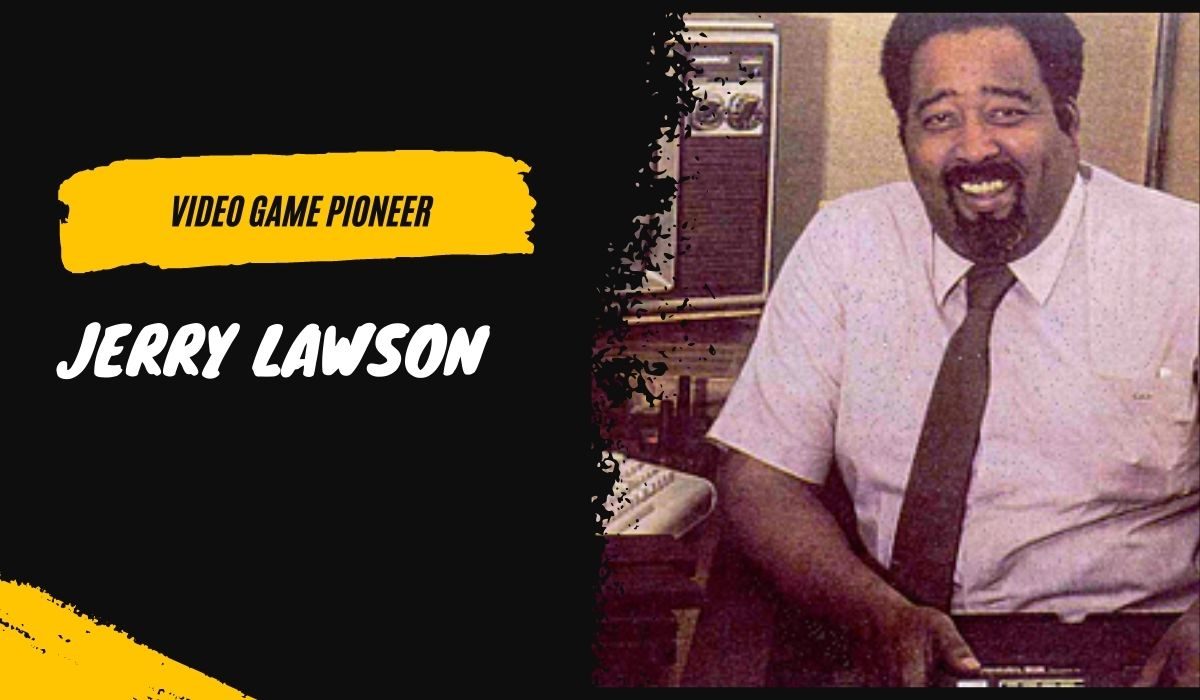Jerry Lawson, who is considered a video game pioneer, would be 82 today. Google has created an interactive doodle to recognize the contribution of the late video game pioneer.
Jerry Lawson was one of the pioneers of the video game industry and, among other things, led the development of one of the earliest game consoles in the world– the ‘Fairchild Channel F’, which was the first microprocessor-controlled video game console and was launched in 1976.
His accomplishment is also the focus of the interactive Google Doodle — on the start page, there is now a virtual game console in which an early video game can be played – procrastination is inevitable.
Jerry Lawson (1940-2011) was a pioneer
Gerald Jerry Anderson Lawson was born on December 1, 1940, in Brooklyn, New York State. From 1970 Lawson worked as a technical consultant for “Fairchild Semiconductor”, where he worked on arcade machines, among other things.

In the mid-1970s, Lawson led the development of the Fairchild Channel F. video game console, which was released in 1976.
At the beginning of the 1980s, the African American founded his own company and developed several games for the Atari 2600 console.
Lawson was honored with the ID@Xbox Gaming Heroes award at the 21st Independent Games Festival on March 20, 2019, for leading the development of the first cartridge-based game console.
Career
In 1970, he joined Fairchild Semiconductor in San Francisco as an applications engineering consultant within their sales division.
While there, he created an early coin-operated arcade game called Demolition Derby in his garage.
Completed in early 1975 using Fairchild’s new F8 microprocessors, Demolition Derby was among the earliest microprocessor-driven games.
In the mid-1970s, Lawson was made Chief Hardware Engineer and Director of Engineering and Marketing for Fairchild’s video game division.
There, he oversaw the development of the Fairchild Channel F console, released in 1976 and specifically designed to use swappable game cartridges based on technology licensed from Alpex.
At the time, most game systems had game programming built into the hardware so it could not be removed or changed.
Lawson and his team refined and improved technology developed at Alpex that allowed games to be stored as software on removable ROM cartridges, a technique that became universal thereafter.
These ROMs could be inserted and removed repeatedly from a console unit without any danger of electric shocks.
This would allow users to buy a library of games and it delivered a new revenue stream for the console manufacturers through sales of these games.
The Channel F console featured a variety of controls, including a new 8-way joystick designed by Lawson and a “pause” button, which was a first for a home video game console.[
Channel F was not successful commercially but the cartridge approach became popular only with the Atari 2600 released in 1977.
While he was with Fairchild, Lawson and Ron Jones were the sole black members of the Homebrew Computer Club, a group of early computer hobbyists that included several who became well-known including Apple founders Steve Jobs and Steve Wozniak.
Lawson noted he had interviewed Wozniak for a position at Fairchild but did not hire him.
In 1980, Lawson left Fairchild and founded Videosoft, a video game development company that made software for the Atari 2600 in the early 1980s, as the 2600 had displaced the Channel F as the top system in the market.
Videosoft closed about five years later, and Lawson started to take on consulting work. At one point, he worked with Stevie Wonder to produce a “Wonder Clock” that would wake a child with the sound of a parent’s voice, though it never made it to production.
Lawson later collaborated with the Stanford mentor program and was preparing to write a book on his career.



